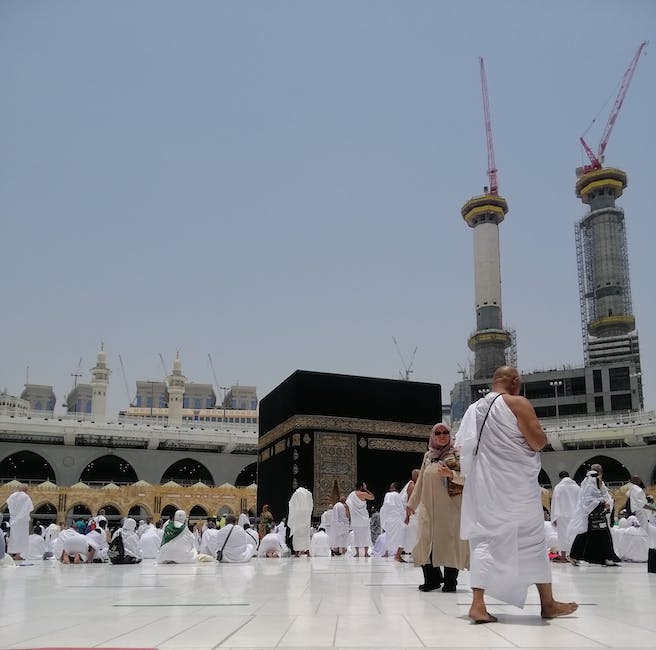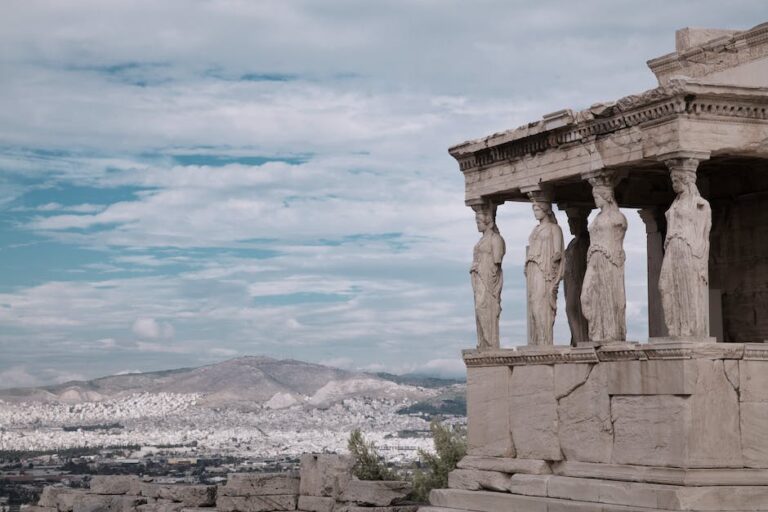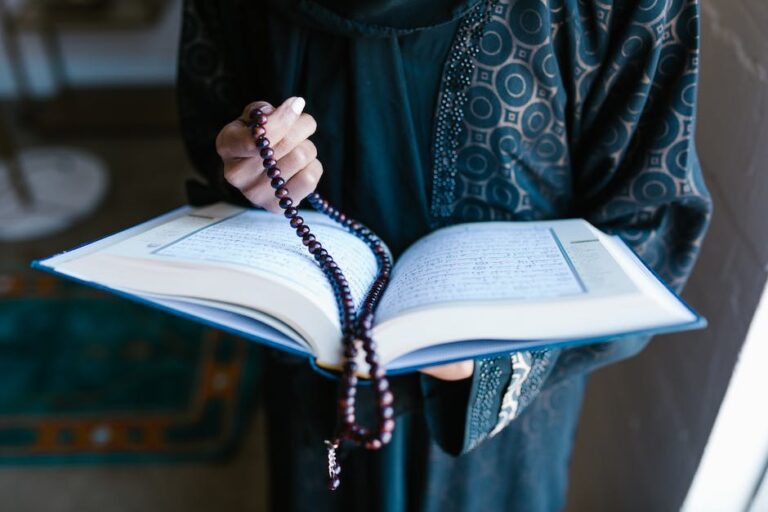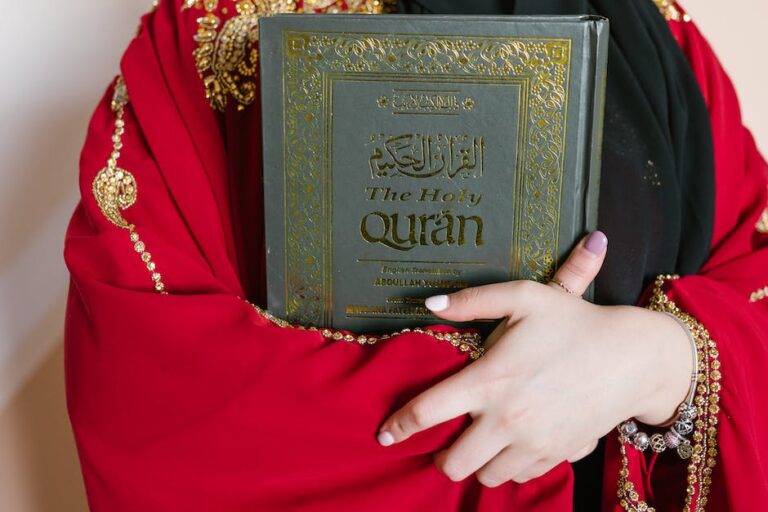Hajj: The Spiritual Journey of a Lifetime
Hajj is the annual pilgrimage that every able-bodied Muslim is obligated to undertake at least once in their lifetime. It is one of the Five Pillars of Islam, along with prayer, fasting, almsgiving, and the declaration of faith in Allah. The Hajj takes place during the Islamic month of Dhu al-Hijjah, which is the twelfth month of the Islamic calendar.
The significance of Hajj in Islam is multifaceted. It is considered a test of faith and devotion to Allah, as it requires a physical and financial sacrifice from the pilgrims. The journey to Mecca and the rituals performed during Hajj are a powerful reminder of the unity of the Muslim ummah and the equality of all believers in the eyes of Allah. It is a time of spiritual renewal and a chance to seek forgiveness and blessings from Allah.
The Hajj is also deeply rooted in Islamic history and tradition. It commemorates the trials of Prophet Ibrahim (Abraham) and his family, as well as the sacrifice of Prophet Ismail (Ishmael). The rituals of Hajj follow in their footsteps, from circumambulating the Kaaba to standing vigil on the plains of Arafat.
For Muslims, completing Hajj is a lifelong dream and a source of immense pride and gratitude. It is a testament to their faith and devotion to Allah, and a badge of honor within the Muslim community.
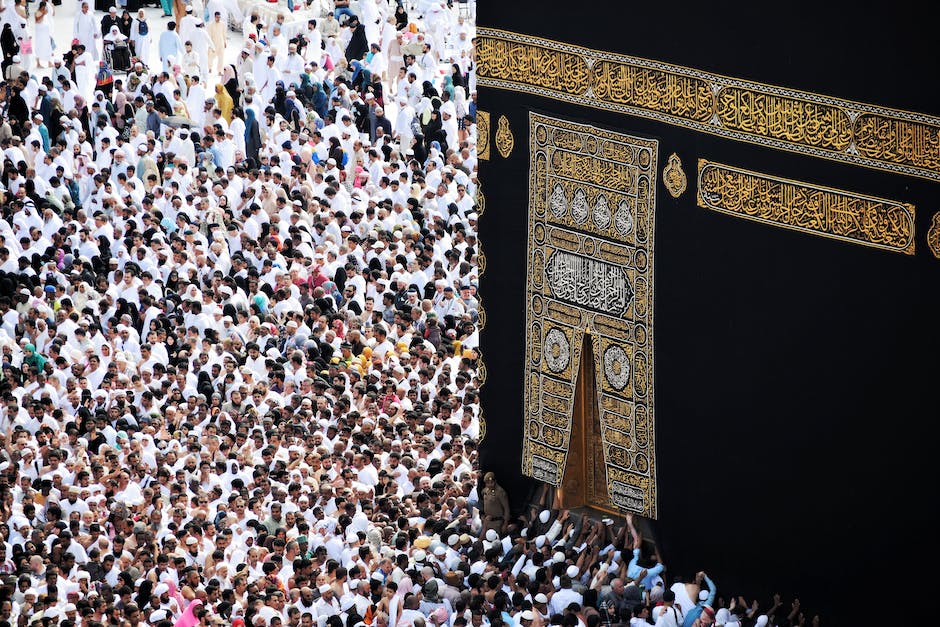
Preparation for the journey: A step-by-step guide
Embarking on the Hajj pilgrimage requires thorough planning and preparation. It is essential to understand the requirements and rituals of the Hajj, as well as the logistical aspects of travel and accommodation.
The first step in preparing for Hajj is to ensure that you are physically and financially able to undertake the journey. Hajj can be physically demanding, especially for those who are elderly or have health conditions. It is important to consult with your doctor and get any necessary vaccinations before traveling.
Financial planning is also crucial, as Hajj expenses can add up quickly. Pilgrims need to budget for the cost of travel, accommodation, food, and other expenses. Many Muslims save for years or even decades to be able to afford the Hajj.
Once you have determined that you are physically and financially ready for Hajj, the next step is to make travel arrangements. This typically involves securing a visa, booking flights, and reserving accommodations in Mecca and other cities along the Hajj route.
In addition to these logistical preparations, pilgrims must also prepare spiritually for the journey. This involves studying the rituals of Hajj, reading Quran, and reflecting on the significance of the pilgrimage in Islam. Many pilgrims also seek guidance and support from their local mosque or Islamic center.
Overall, preparing for the Hajj requires a strong commitment to faith and a willingness to endure the challenges and sacrifices that come with the journey. For those who are able to undertake it, however, the Hajj is a life-changing experience that strengthens their connection to Allah and the Muslim community.
The rituals of Hajj explained
The Hajj pilgrimage consists of several rituals, each with its own symbolic significance. These rituals reflect the trials and triumphs of Prophet Ibrahim and his family, as well as the unity and equality of the global Muslim community.
The first ritual is Ihram, which involves pilgrims donning white garments and declaring their intention to perform Hajj. This signifies their detachment from worldly distractions and their focus on the spiritual journey ahead.
The next step is Tawaf, which involves circling the Kaaba seven times counterclockwise, while reciting prayers and supplications. The Kaaba is the center of the Muslim world and the holiest site in Islam. Its circumambulation is a reminder of the unity of the Muslim community and its devotion to Allah.
The third ritual is Sa’ey, which involves walking back and forth between the hills of Safa and Marwa seven times, while reciting prayers and supplications. This commemorates the struggles of Prophet Ibrahim’s wife Hagar, who ran between the hills searching for water for her son Ismail.
The fourth ritual is Wuquf, which involves standing vigil on the plains of Arafat from noon until sunset on the ninth day of Dhu al-Hijjah. This is considered the most sacred moment of the Hajj, as pilgrims seek Allah’s forgiveness and blessings.
The fifth ritual is Stoning of the Devil, which involves throwing pebbles at three stone pillars, symbolizing the rejection of temptation and evil. This commemorates Prophet Ibrahim’s act of stoning Satan, who tried to thwart his sacrifice of his son Ismail.
The final ritual is Sacrifice, which involves slaughtering an animal and distributing its meat to the poor. This commemorates Prophet Ibrahim’s willingness to sacrifice his son Ismail for Allah’s sake.
The spiritual benefits of performing Hajj
Performing the Hajj pilgrimage has numerous spiritual benefits for Muslims. The journey to Mecca and the rigorous rituals involved are a test of faith and devotion to Allah. Hajj is a time for introspection, reflection, and seeking forgiveness for sins.
The Hajj also instills a sense of community and brotherhood among Muslims from all walks of life. It is an opportunity to meet and connect with fellow believers from around the world and to realize the universality of the Muslim faith.
Through the rituals of Hajj, pilgrims also cultivate a deeper understanding of Islamic history and tradition. The lessons of Prophet Ibrahim’s sacrifice and Prophet Muhammad’s final sermon are brought to life, and their relevance to modern-day challenges is emphasized.
One of the greatest spiritual benefits of Hajj is the sense of renewal and purification it brings to one’s faith. Pilgrims return from the Hajj with a stronger sense of connection to Allah, a renewed commitment to their faith, and a fresh perspective on the challenges they face in their daily lives. The experience of Hajj is truly a transformative one, and its spiritual benefits are felt long after the journey has ended.
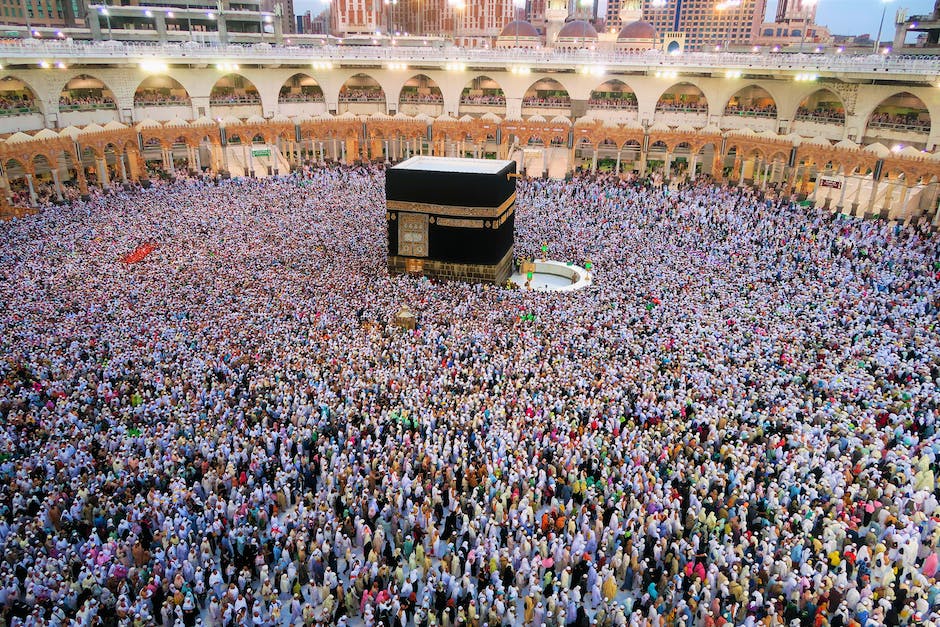
The challenges and rewards of completing Hajj
Completing the Hajj pilgrimage is no easy feat. It requires physical, financial, and emotional sacrifices, as well as a strong commitment to faith and devotion to Allah. The journey to Mecca can be grueling, with large crowds, extreme weather, and long waits. The rituals of Hajj are physically demanding, and pilgrims must navigate unfamiliar surroundings and complex logistics.
Despite the challenges, however, the rewards of completing Hajj are immense. For many Muslims, the journey to Mecca is the fulfillment of a lifelong dream and a source of immense pride and gratitude. It is a reminder of the unity and equality of all believers, regardless of their race, background, or social status.
Completing Hajj also brings numerous spiritual benefits, including forgiveness of sins, the purification of one’s soul, and a renewed commitment to one’s faith. The sense of community and brotherhood that is fostered during the Hajj can inspire a lifetime of philanthropy, service, and goodwill. The challenges of Hajj strengthen one’s resilience, patience, and perseverance, and foster a greater sense of humility and gratitude.
Bringing the lessons of Hajj back home
One of the most critical aspects of the Hajj pilgrimage is the lessons it imparts. The rituals of Hajj are designed to teach humility, forgiveness, sacrifice, and devotion to Allah. These lessons are intended to be brought back home and applied to daily life.
One lesson of Hajj is the importance of unity and community. The Hajj brings together Muslims from around the world, despite their diversity of cultures, languages, and beliefs. Pilgrims leave the Hajj with a greater appreciation for the universality of the Muslim faith and a sense of obligation to help others in need, regardless of their background.
Another lesson of Hajj is the importance of sacrifice and devotion to Allah. The rigors of the journey require pilgrims to make personal and financial sacrifices. These sacrifices teach the value of humility and the importance of putting Allah’s will above personal desires.
The Hajj also teaches the importance of perseverance and resilience in the face of adversity. Pilgrims must overcome physical and emotional challenges and navigate unfamiliar surroundings and complex logistics. These experiences cultivate a sense of fortitude and determination that can be applied to daily life.
Finally, the Hajj teaches the importance of forgiveness and love. The pilgrims pray for forgiveness from Allah and seek to forgive others for past wrongs. This focus on forgiveness and love can inspire pilgrims to approach their daily lives with greater compassion, empathy, and generosity.
In conclusion, the Hajj pilgrimage is a profound spiritual journey that imparts important lessons and fosters a sense of unity and community among Muslims. The challenges of completing the Hajj are substantial, but the rewards are immense, and the spiritual benefits can last a lifetime. Bringing the lessons of Hajj back home can help Muslims live their daily lives with greater humility, devotion, and compassion.

